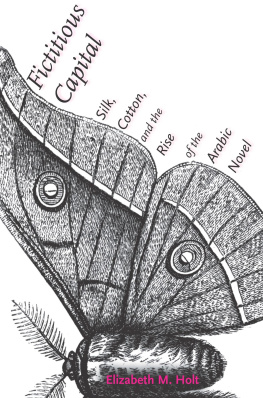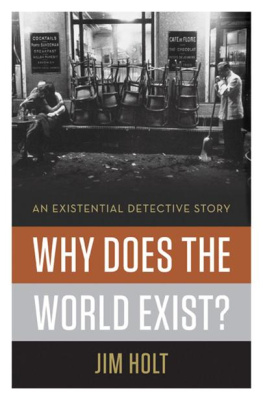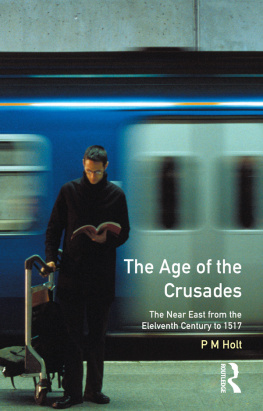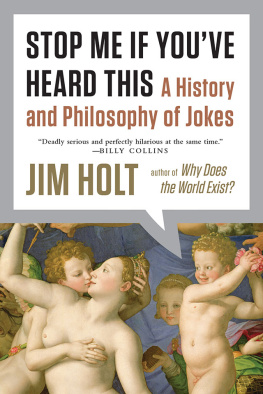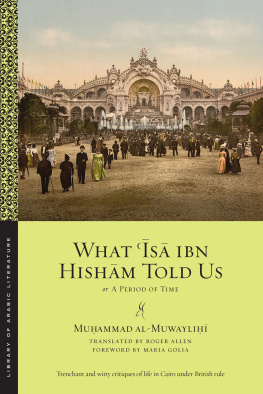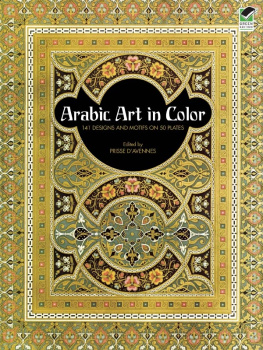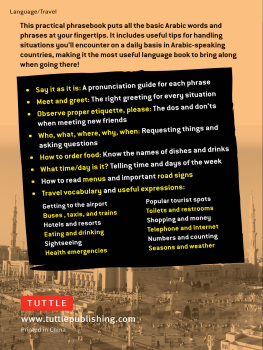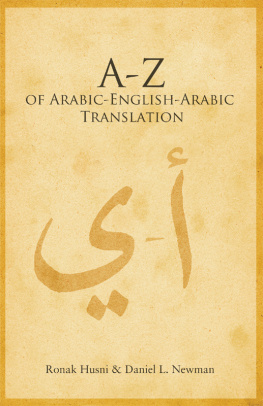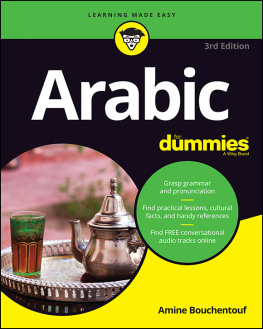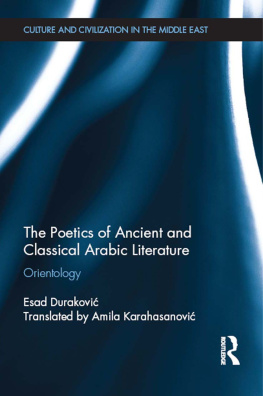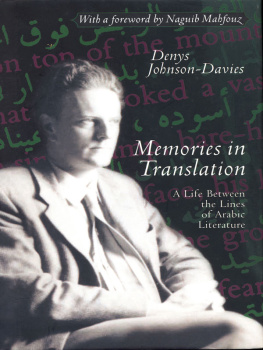Elizabeth M. Holt
THIS BOOK IS MADE POSSIBLE BY A COLLABORATIVE GRANT FROM THE ANDREW W. MELLON FOUNDATION.
All rights reserved. No part of this publication may be reproduced, stored in a retrieval system, or transmitted in any form or by any meanselectronic, mechanical, photocopy, recording, or any otherexcept for brief quotations in printed reviews, without the prior permission of the publisher.
Fordham University Press has no responsibility for the persistence or accuracy of URLs for external or third-party Internet websites referred to in this publication and does not guarantee that any content on such websites is, or will remain, accurate or appropriate.
Fordham University Press also publishes its books in a variety of electronic formats. Some content that appears in print may not be available in electronic books.
Visit us online at www.fordhampress.com.
Names: Holt, Elizabeth M. author.
Title: Fictitious capital : silk, cotton, and the rise of the Arabic novel / Elizabeth M. Holt.
Description: First edition. | New York : Fordham University Press, 2017. | Includes bibliographical references and index.
Identifiers: LCCN 2016058727 | ISBN 9780823276028 (cloth : alk. paper) | ISBN 9780823276035 (pbk. : alk. paper)
Subjects: LCSH: Serialized fictionLebanonHistory and criticism. | Serialized fictionEgyptHistory and criticism. | Arabic fiction19th centuryHistory and criticism. | Literature publishingEconomic aspectsLebanonHistory19th century. | Literature publishingEconomic aspectsEgyptHistory19th century.
Many institutions, colleagues, friends, and loving family members have been instrumental in the process of bringing this book to publication.
I am grateful to Bard College for its generous support of my research since I joined its faculty in 2008. I thank the National Endowment for the Humanities for funding research for chapters 4 and 5 while I was a fellow at the American Research Center in Egypt. The American University of Beiruts Center for Arab and Middle East Studies graciously hosted me while I was researching the earlier chapters of the book. I first discovered the journal Al-Jinn at the heart of this manuscript while I was in Cairo on a Fulbright IIE grant, and for that I am also grateful.
At Fordham University Press, I am especially appreciative of everything Tom Lay, Tim Roberts, Susan Murray, and Katie Sweeney have done to produce this book.
Earlier versions of work included in Fictitious Capital were presented at several Middle East Studies Association conferences, annual meetings of the American Comparative Literature Association, the Tufts Seeds of Revolution Symposium, the American University of Beiruts 150 Years conference, the Westflische Wilhelms-Universitt Mnster conference on Arab Media, the Columbia Arabic Studies Seminar, the Teaching Arab Intellectual Thought conference at Columbia University, the Migration, Diaspora, Exile, and Estrangement conference at Columbia University, the speaker series of the Department of Near Eastern Studies at Cornell, and the American Research Center in Egypt.
Portions of chapters 1, 2, and 5 appeared in an earlier form in From Gardens of Knowledge to Ezbekiyya after Midnight: The Novel and the Arabic Press from Beirut to Cairo, 18701892; in Authoring the Nahd.a: Writing the Arabic 19th Century, a special issue of Middle Eastern Literatures 16, no. 3 (December 2013); and as Narrative and the Reading Public in 1870s Beirut, Journal of Arabic Literature 40, no. 1 (2009). Part of chapter 6 appeared as Speculating in Egypt: Yaqb arrfs 1905 Novel Fatt Mir, Abhath (2016). I am grateful to those journals for allowing me to republish portions of those articles here.
The archive of Fictitious Capital spans more than fifty years of the Arabic press and could not have been assembled without the librarians and archivists of the American University of Beirut, Universit St.-Joseph, the American University in Cairo, Dr al-Hill, the United States Library of Congress, Harvard, Columbia, Princeton, New York University, the New York Public Library main branch, Brooklyn College, and the French archives in Nantes and Aix-en-Provence. I wish to also thank ilm al-Namnam at Dr al-Hill in Cairo for thoughtful comments on the legacy of Salm al-Bustn.
Without my advisor, Muhsin al-Musawi, or my teachers, Nadia Harb, Muhammad Siddiq, William Granara, Gayatri Spivak, Noha Radwan, Madeleine Dobie, and Joseph Massad, I could not have read this archive or written this book. I owe them all a debt of gratitude.
Fictitious Capital benefited tremendously from the careful eye and ear of Mike Allan, Roger Allen, Walter Armbrust, Nadia Bagdadi, Omar Cheta, Elliott Colla, Tarek El-Ariss, Dahlia Gubara, Cole Heinowitz, Aaron Jakes, Rashid Khalidi, Hoyt Long, Timothy Mitchell, Muhsin al-Musawi, Bilal Orfali, Kamran Rastegar, Dwight Reynolds, Bruce Robbins, Lucie Ryzova, Jeff Sacks, Stephen Sheehi, Shaden Tageldin, Shawkat Toorawa, Ali Wick, and Barbara Winckler. I wish to thank all of them, and Roger Berkowitz, too.
Without the hospitality in New York, Beirut, and Cairo of Walter Armbrust, Anna and Beau Bothwell, Jason Broome, Christine Boustany, Nora Boustany, Tarek El-Ariss, Jenny Gootman, Dahlia Gubara, Cole Heinowitz, Elizabeth Johnston, Sabina Kerimovic, Sonya Meyerson-Knox, Lucas van Lenten, Muhsin al-Musawi, Tsolin Nalbantian, Mariano Paniello, Dina Ramadan, Kamran Rastegar, Lucie Ryzova, Sophia Stamatopoulou-Robbins, Mary and Nader Sadek, Stacey Sperling, Trish Stegner, Daniel Weintraub, and Ali Wick, this would have been a far lonelier undertaking.
Without Sadie Moss Jones and Allan Warshowsky, I fear Fictitious Capital may never have seen completion. I thank them for their loving care.
While on the way from the French archives in Nantes to those held in Aix-en-Provence, I had the great good fortune to stop for lunch with my aunt Anne Marie and her family. She has since passed away, and I deeply regret that she will never see the book I told her about that afternoon, even as I remain grateful it occassioned those moments together.
My father-in-law, Morriswho taught me the ins and outs of day-trading one Florida afternoon, cautioning me that the market has more pain than one person can absorbalso did not live to see this book in print. I hope it is in some way a testament to his memory.
I thank my dear sister, Julie, and brother, Stephen, for their love, and my mother-in-law, June, for hers. My parents, Philip and Kathy, have been a constant source of sustenance. I love them, and thank them for being the first and most enduring supporters of my education (and novel reading!).
I began writing this book when my daughter, Hadley, was in the wombshe has lent me much creative energy over the years. I am so thankful to have her in my life, and for the transformations and joy my son, Sasha, has since brought to our home.

